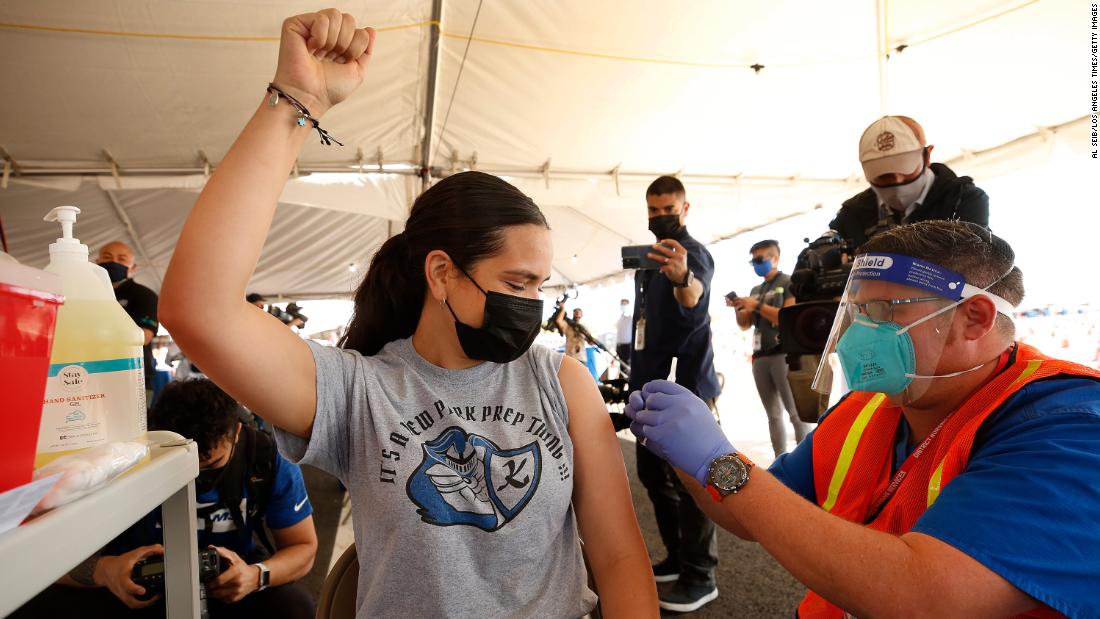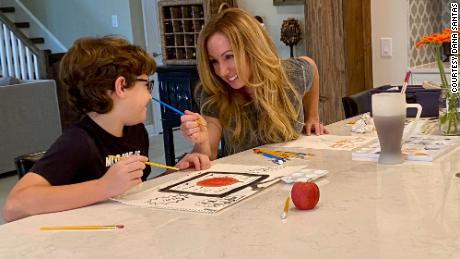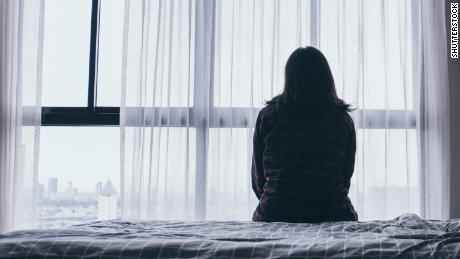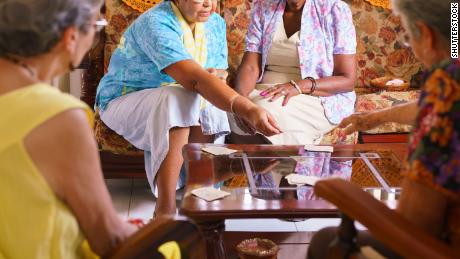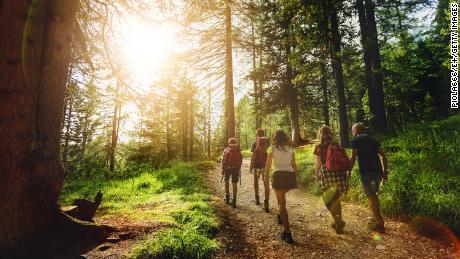Don’t just go back to ‘normal.’ Post-pandemic life can be much better than that
Stuck at home with toddlers or teenagers and juggling work was a nightmare for many as offices and schools suddenly shut overnight. But slowly — and not necessarily by choice — work hours became more flexible as parents scheduled meetings around virtual classes and mealtimes for their kids.
Children “Zoom-bombing” meetings became the norm, work calls taken on walks were encouraged, and we gave up trying to be perfect for being human. Most importantly, families who were physically together spent much more time with each other, reminding us how precious those relationships are.
For those separated from their loved ones, “family” took on a new meaning with friends, neighbors or strangers in their community forming sacred pandemic bubbles. Even families miles apart spent more screen time together as we checked in on each other, commiserated and celebrated milestones virtually.
And as our tunnel vision on work widened, it allowed life in all its beauty and horror to teach us how to live a more rounded and fulfilling existence.
Focus more on mental health
The pandemic affected us individually in different ways. There was no guidebook on how to get through it but collectively, there was a shift to self-care, to give ourselves space and patience in our vulnerability in order to work through it.
For some that was journaling, others took daily walks or long bubble baths. Self-care was no longer seen as an indulgence but a necessity to keep going.
We had candid conversations with people and set boundaries for ourselves as we prioritized our mental health — seeking help, crying, dancing, screaming or laughing for no reason — almost nothing was off the table as long as it was helping.
That focus on our mental health allowed us to grow, to get to know ourselves better and face buried demons or forgotten dreams and work on our personal self-improvement.
“I really hope that above all, this is really the moment when we break down barriers to talking about mental health, because I think the most important thing we can do — as professionals and in our families and in our communities — is to talk about it,” she said.
Embrace adaptability
Lockdown forced us to try new ways of doing things. It wasn’t easy but the impossible became possible and many of us now have a more empowered perspective of our capabilities.
Most notably, it proved that we are resilient — and hopefully the darkest days of the pandemic are behind us.
More gratitude
Realizing how fortunate some of us are and being grateful for it is an important mindset for recovery. Those of us with that privilege must remember that our good fortune is an opportunity to lift others up.
Improve the planet
The dip in global carbon emissions, as flights were canceled along with our daily commute, led to an improvement in air equality for more than 80% of countries around the world.
Even when we did venture out, we walked more or cycled instead of taking a car or public transportation. We shopped less and had less waste overall as the majority of people were working from home.
Ultimately life will never be exactly the same. There’s been a huge loss of life and suffering all over the world and that impact will be felt for years to come. But for those lucky enough to start getting back to “normal” — this is an opportunity to collectively redefine what that means.
As Maya Angelou once said, “If you are always trying to be normal, you will never know how amazing you can be.”
![]()


